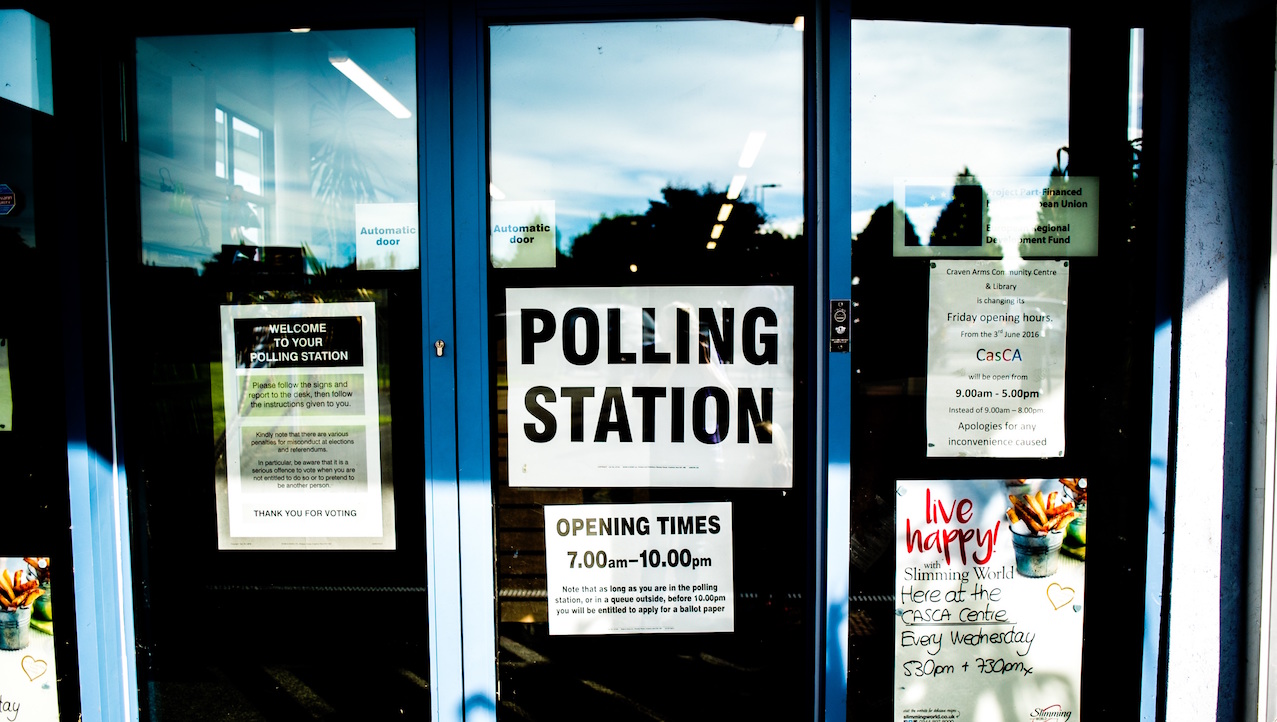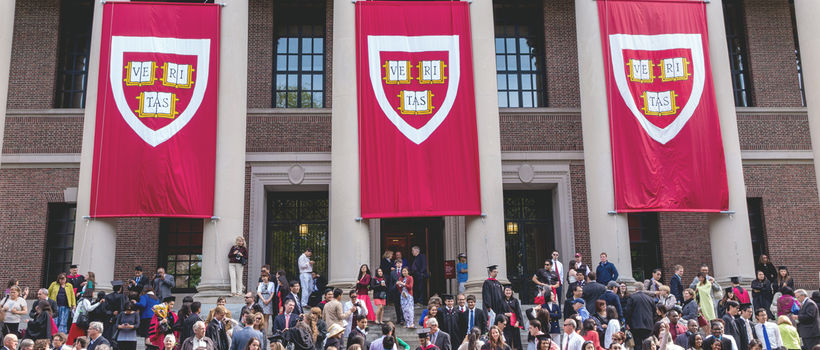
21 Nov /CUL•TURED :: THE ART OF ENGAGING
The world around us is ever-changing and, at times, can feel as if it’s spinning out of control. As believers in Jesus, we must discipline ourselves to set our hope in eternity and to rest in the sovereignty of God. However, we must also learn to be “in the world but not of the world.” How do we engage the culture around us? How do we think well about relevant, current issues in order that we can speak truth?
This monthly blog post is designed to help us think well, to root ourselves in truth, and to “be ready to give an answer for the hope that we have.”
Economics :: Politics
> No, the Majority of American Evangelicals Did Not Vote for Trump
-Joe Carter for The Gospel Coalition, November 15, 2016.
“Based on polling data and news sources, you might be under the impression that an overwhelming number of evangelicals—more than 80 percent—voted for Donald Trump. But this isn’t quite accurate. There isn’t any way to truly know what percentage of evangelicals voted for our president-elect. But using a more nuanced analysis we can reasonably estimate that somewhere between 35 percent and 45 percent of all evangelicals in America voted for Trump.
Why are the media reports so off the mark? Here are four reasons.”
Social Issues :: Cultural Changes
> The Harvard Soccer Scandal and Culture’s Lie About Masculinity
-Dorothy Greco for Relevant Magazine, November 15, 2016 .
“Often, when someone in authority misbehaves, it sends a signal to others that deviant behavior is acceptable. By forsaking the world’s definition of masculinity, shutting down demeaning and damaging conversations, and carrying the torch of gender equality even if it means you will lose the respect and affirmation of your peers, men can engage in changing the status quo. When women are seen and treated as co-heirs in the Gospel, we will begin to see a world that looks less and less like a locker room and more and more like the Kingdom of God.”
> Jewish Americans are worried about the rise in anti-Semitism after this election cycle
-Rachel Zoll for Associated Press on Salon.com, November 17, 2016.
“American Jews gathered Thursday to wrestle with how they should confront an election-year surge in anti-Semitism, a level of bias not seen in the U.S. for decades. At a national meeting of the Anti-Defamation League, the Jewish civil rights group, about 1,000 people listened to talks expressing shock at the hatred expressed during the presidential campaign and questioned what they thought was a high-level of acceptance by other Americans.
‘I’m struggling right now in this American moment,’ said Yehuda Kurtzer, president of the Shalom Hartman Institute of North America, an education and research organization, in his talk at the event. ‘I wonder whether I have been — and I think the answer is probably yes — a little bit naive.’”
Global Awareness
> 45 Million People Are Still Living in Slavery
-Laura Parker for Relevant Magazine, November 10, 2016.
“History tells us that the power of story, even a fictitious one, can send shock waves through society—transporting an issue no one can really solve into a human reality from which no one can turn away. Because whether our modern society wants to admit it or not, we are allowing actual slavery to thrive on our watch. And I, for one, don’t want to tell my own eighth-grade daughter that I didn’t do anything to try to stop it.”
> Syria: The issue we can’t ignore anymore
-S.E. Cupp for CNN, November 16, 2016
“We’ve been able to compartmentalize the plight of the Syrian people for years. And especially in an election year, where making American lives better was every candidate’s focus, it became even easier. Whatever cursory attention Syria got during this presidential election was meant to signal to each side’s base what degree of hostility we should have toward refugees who might be terrorists. But the election is over. It’s time to acknowledge what we have comfortably ignored as a nation for too long. The implications of allowing Syria to spiral into further disarray are monumental.”
Tragedy :: Terrorism
> What You Need to Know About What’s Going on in Mosul
-Aaron Cline Hanbury & Jeremy Courtney for Relevant Magazine, November 4, 2016.
“When a coalition led by Iraqi forces last month launched a military offensive to take the city of Mosul back from ISIS, they attacked the last legitimate stronghold of the terrorist group. The effort is working. And while this offensive is liberating parts of Mosul that have been in ISIS control for years, it’s also exposing tremendous humanitarian concerns, with thousands in need of urgent assistance and basic necessities.
It’s those kinds of needs that the Iraq-based Preemptive Love, the relief organization run by Jeremy Courtney, exists to meet. I talked with him yesterday to find out what it’s like on the ground and how those of us removed from the violence can help.”
>Mosul: The Christian refugees who can never return home
-Jomana Karadsheh for CNN, October 25, 2016.
“Anne Danyale can never go back to Mosul. It has been two years since her family fled from the Iraqi city fearing for their lives, as ISIS ushered in a reign of terror. As part of the local Christian population, there were only two choices facing Anne, her husband Sabhan and their two children: run or die.”

Zack Cousins
Zack Cousins is a senior nursing student at Clemson University. In his free time, he enjoys spending an unhealthy amount of time talking to his dog and average amount of time talking to his friends. He attends our Powdersville Campus, serves in our 24/7 ministry, and will be happy to be your Murse today.




